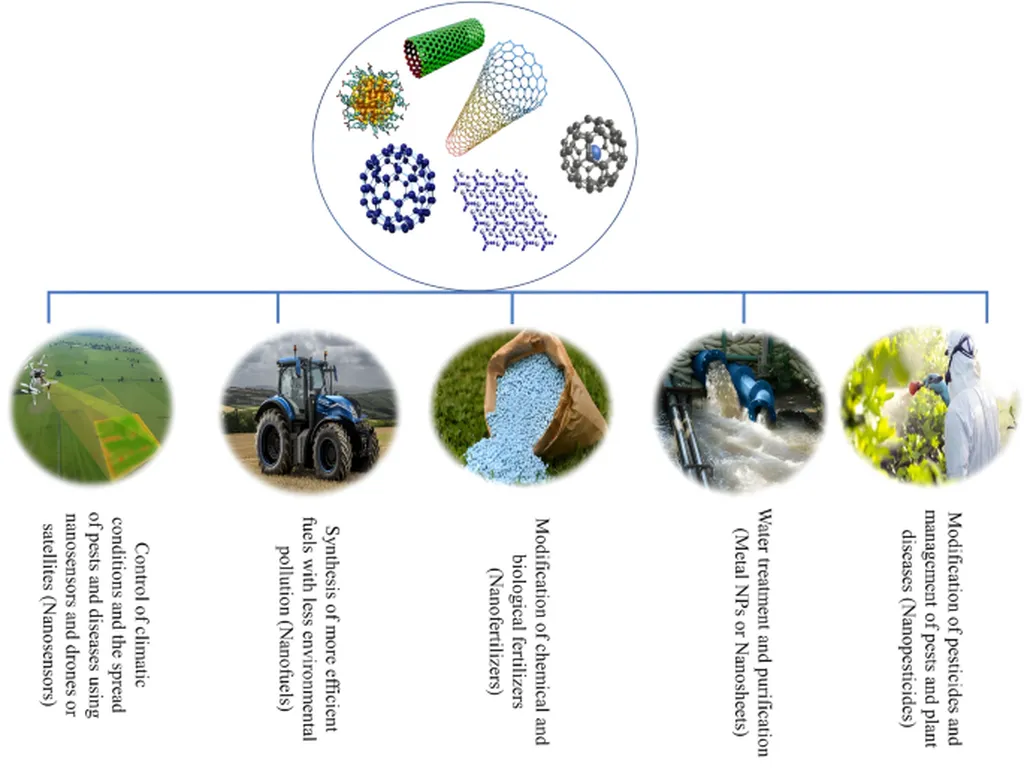In the heart of Seoul, South Korea, a groundbreaking study led by Ravi Gupta at Kookmin University’s Plant Stress Physiology and Proteomics Laboratory is unlocking new possibilities for sustainable agriculture. The research, published in the journal *Plant Nano Biology* (which translates to *Plant Nanotechnology Science*), is exploring the emerging roles of nanoparticles in revolutionizing how we grow crops, with potential ripple effects across the energy sector.
Gupta and his team are investigating how nanoparticles can enhance plant growth, improve nutrient uptake, and increase crop resilience to environmental stresses. “Nanoparticles have unique properties that can interact with plants at the cellular level,” Gupta explains. “This opens up exciting opportunities to develop more efficient and sustainable agricultural practices.”
One of the most compelling aspects of this research is its potential to boost crop yields while reducing the need for chemical fertilizers and pesticides. By delivering nutrients directly to plant cells, nanoparticles could minimize waste and environmental contamination, aligning with the growing demand for eco-friendly farming practices. This shift could have significant implications for the energy sector, particularly in the production of biofuels. More efficient crop growth means more biomass can be allocated to energy production, potentially lowering costs and increasing supply.
The study also delves into how nanoparticles can protect crops from abiotic stresses, such as drought and salinity, which are becoming increasingly prevalent due to climate change. “If we can enhance the resilience of crops to these stresses, we can ensure food security and stabilize agricultural productivity,” Gupta notes. This resilience could extend to energy crops, making them more reliable sources of bioenergy.
While the research is still in its early stages, the implications are vast. If successfully scaled, nanoparticle-enhanced agriculture could transform the way we produce food and fuel, creating a more sustainable and efficient system. As Gupta puts it, “The future of agriculture lies in innovation, and nanoparticles are at the forefront of this revolution.”
The findings published in *Plant Nano Biology* offer a glimpse into a future where technology and agriculture converge to create a more sustainable world. As the research progresses, it will be fascinating to see how these innovations shape the landscape of both agriculture and energy production.

